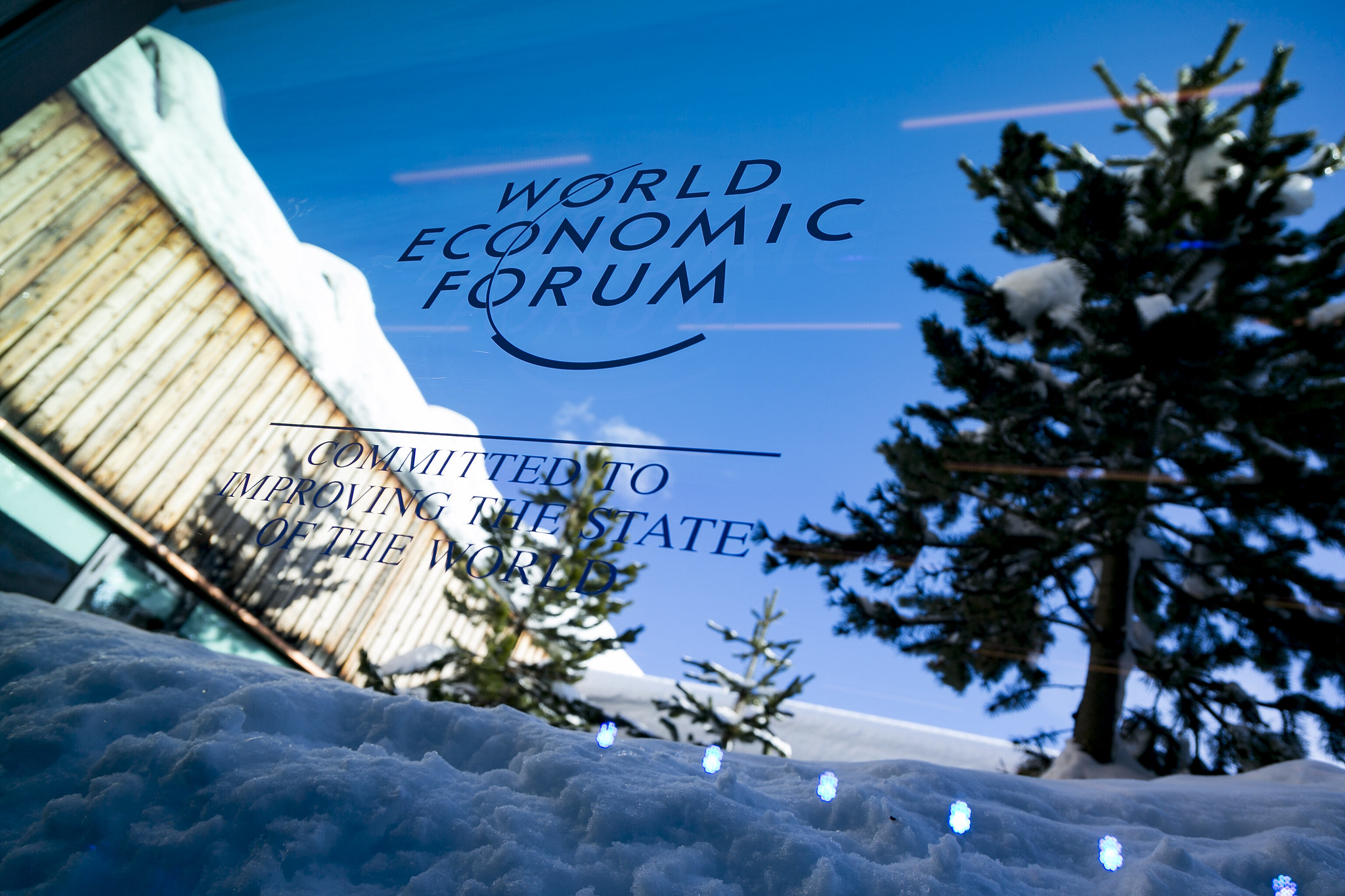These are the biggest risks facing humanity in 2020—and yes, climate dominates

The news: Every year, The World Economic Forum releases an in-depth report into the risks the world faces, ahead of its January conference for the world's top political and business leaders in Davos, Switzerland. This year, climate change topped the list of its biggest concerns for the first time since it launched in 2006.
The list reads:
Top 5 risks by likelihood
1. Extreme weather
2. Climate action failure
3. Natural disaster
4. Biodiversity loss
5. Human-made environmental disasters
Top 5 risks by impact
1. Climate action failure
2. Weapons of mass destruction
3. Biodiversity loss
4. Extreme weather
5. Water crises
Sounding the alarm: The main worry identified in the report was the failure to mitigate and adapt to climate change. When asked to identify the top threats facing the world by likelihood and impact, all but one of the top 10 issues WEF members highlighted were linked to climate change (the exception was weapons of mass destruction). Specifically, they feared that natural disasters, biodiversity loss, and water crises would all become more likely in the coming decade.
Why now? Climate change is hardly news, but the impact of rising global temperatures became harder to ignore in 2019, with fires ravaging Australia and the Amazon. At the end of 2018 the UN Intergovernmental Panel on Climate Change warned we must limit global warming to 1.5 °C rather than the previously agreed cap of 2 °C to avoid extreme heat, drought, and floods. To achieve this, we would have to halve human-produced carbon dioxide emissions from 2010 levels by 2030, a scenario that currently seems unlikely.
What else? The report identified an economic downturn as the biggest short-term risk, along with domestic political polarization. Bigger and more damaging cyberattacks, especially on infrastructure, were also flagged as a threat.
Sign up here to our daily newsletter The Download to get your dose of the latest must-read news from the world of emerging tech.
Deep Dive
Climate change and energy
The problem with plug-in hybrids? Their drivers.
Plug-in hybrids are often sold as a transition to EVs, but new data from Europe shows we’re still underestimating the emissions they produce.
Harvard has halted its long-planned atmospheric geoengineering experiment
The decision follows years of controversy and the departure of one of the program’s key researchers.
Why hydrogen is losing the race to power cleaner cars
Batteries are dominating zero-emissions vehicles, and the fuel has better uses elsewhere.
Decarbonizing production of energy is a quick win
Clean technologies, including carbon management platforms, enable the global energy industry to play a crucial role in the transition to net zero.
Stay connected
Get the latest updates from
MIT Technology Review
Discover special offers, top stories, upcoming events, and more.